The United States should work in tandem with China to provide more support and convenience for people-to-people exchanges between the two countries, Foreign Minister Wang Yi said on Tuesday.
Wang made the remark during a meeting in Beijing with Evan Greenberg, chair of the Board of Directors of the National Committee on U.S.-China Relations, and Stephen Orlins, president of the committee.
The U.S. should meet China halfway and "continue enhancing mutual understanding through face-to-face contacts and exchanges", he said, adding that it should also work with China to further stabilize, improve and advance bilateral relations.
Wang underscored that the crux of the relationship is the U.S.' perception of China as its main strategic competitor and the most significant geopolitical challenge. This wrong perception "has led to constant problems in bilateral relations, and the promises made by U.S. leaders have failed to translate into practical actions", he said.
Such a situation "is not in the interest of the two peoples or in line with the expectations of the international community, and is against the trend of the evolving history", he added.
Su Xiaohui, deputy director of the Department of American Studies at the China Institute of International Studies, said that despite its prolonged containment of China, the U.S. has not been able to meet its own expectations, "so it is now focusing more on the high-tech sectors and using unfair tactics to achieve its goals".
"This is a clear reminder of the deep-rooted strategic anxiety of the U.S.," she said.
During their meeting with the foreign minister, Greenberg and Orlins said the U.S.-China relationship is the most important bilateral relationship in the world, and it is in global interest that the two countries maintain communication and advance their ties in a positive direction.
The U.S.-China relationship started with engagement, and engagement does not necessarily mean compromise, as it is the only way to achieve sound and healthy development of the relationship, they said.
Speaking to reporters in Beijing earlier this week, Orlins said that U.S.-China ties have been lifted "from rock bottom", and the two countries now "have enormous amounts of space to further improve" the ties.
Orlins said he is glad to see military-to-military contacts reestablished and the frequency of government-to-government talks increasing.
In November, the National Committee on U.S.-China Relations and other friendly organizations co-hosted a grand welcoming banquet for President Xi Jinping in San Francisco.
Foreign Minister Wang praised the committee for "overcoming difficulties and eliminating disturbances" for the successful welcoming event.
He urged the committee to play a further constructive role in advancing stronger engagement between the two peoples and in promoting the healthy and stable development of China-U.S. relations.
Wang also met on Tuesday with Graham Allison, a Harvard University professor. He told Allison that China and the U.S. should jointly address global challenges and "build a more stable, healthy and sustainable relationship".
Allison agreed that the U.S. and China should cooperate with each other and find the right way to get along, adding that this is very important for both countries and the world.









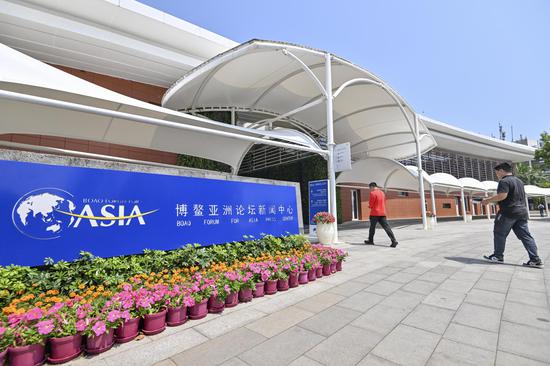
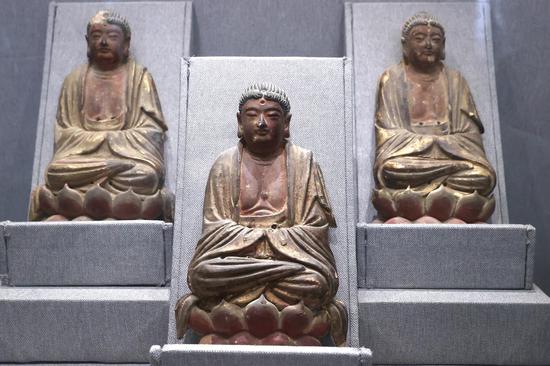

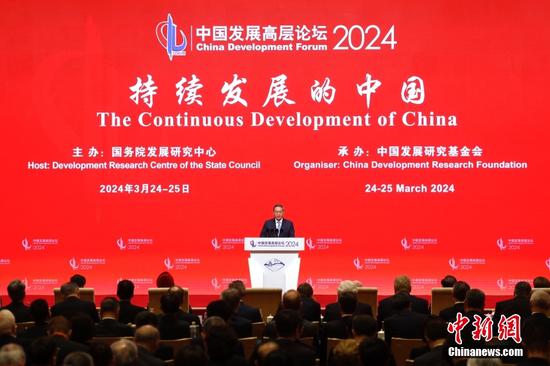



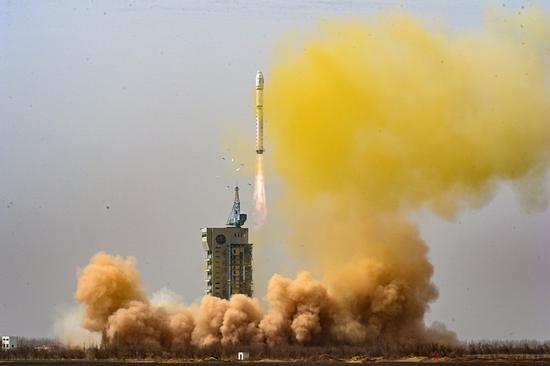
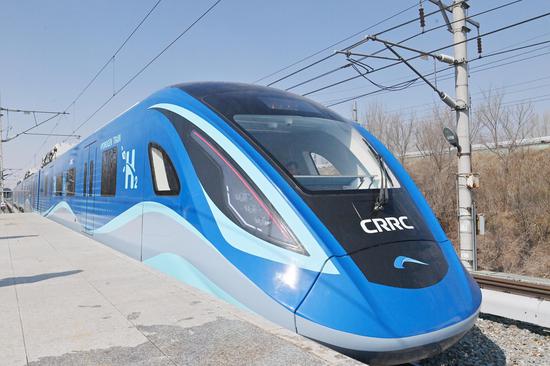






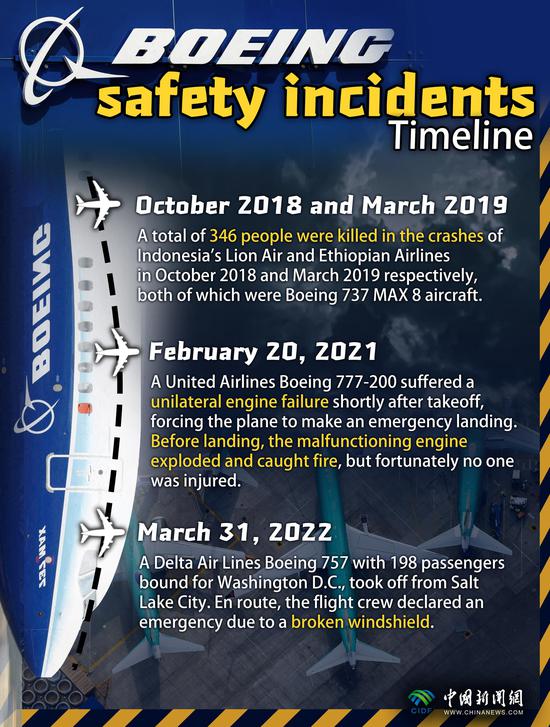
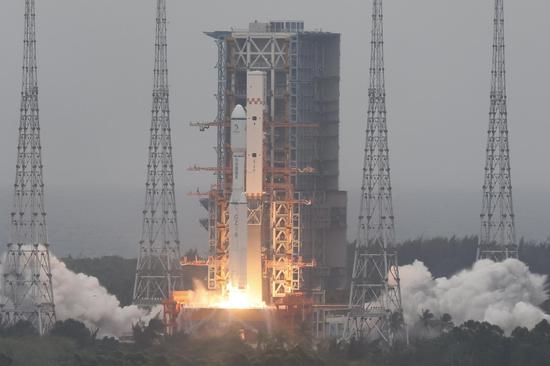


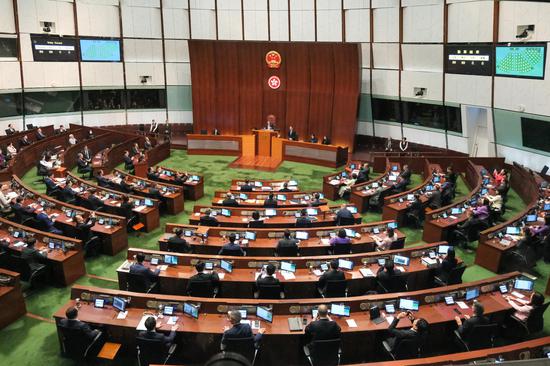




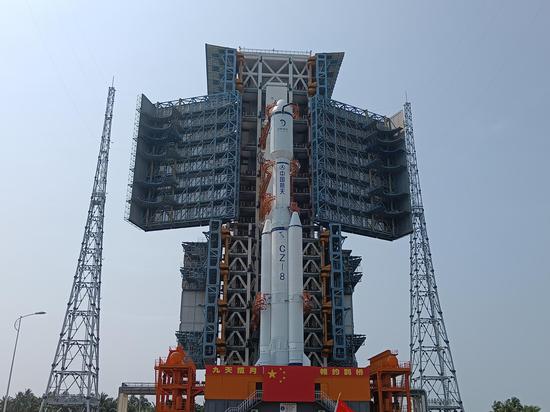



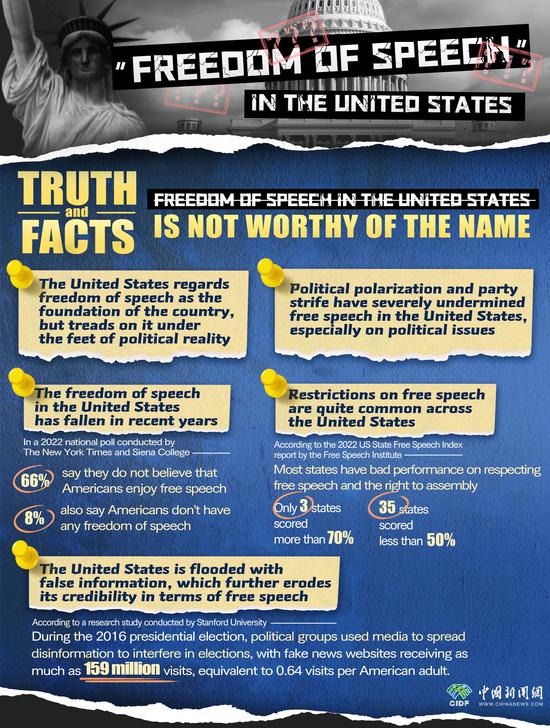


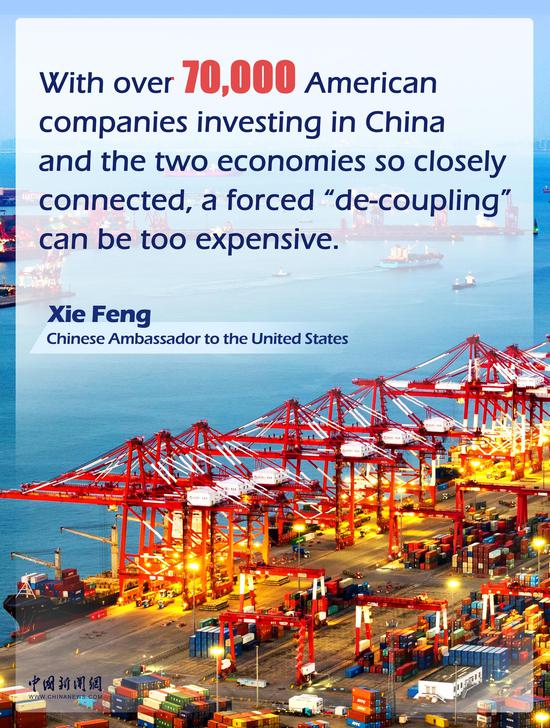
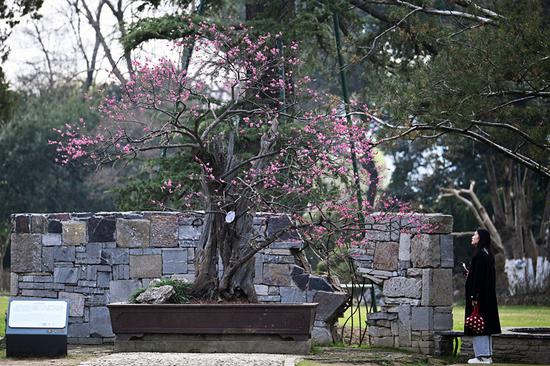
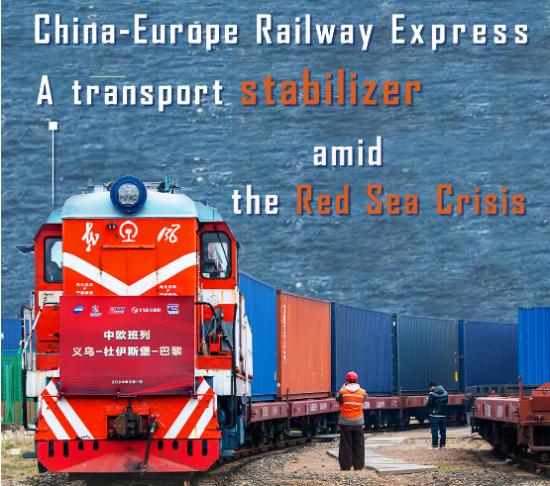







 京公网安备 11010202009201号
京公网安备 11010202009201号